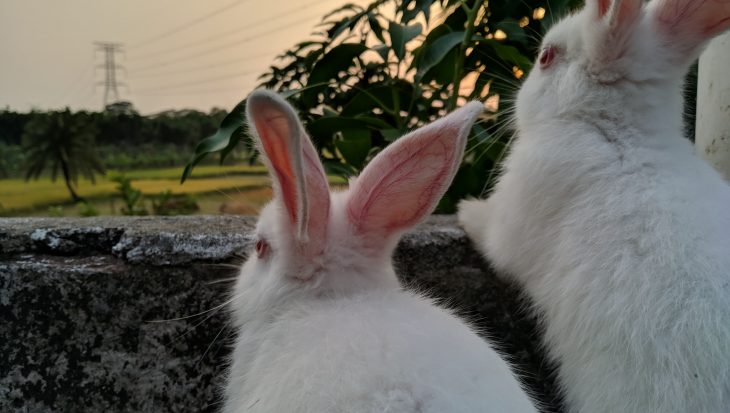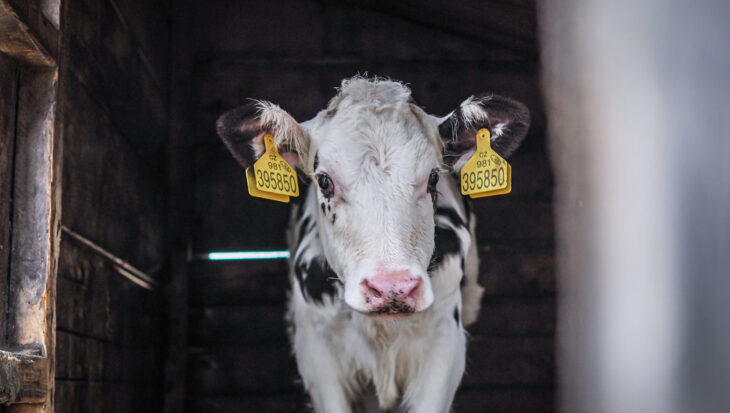Carried out at the University of Cambridge, the research was intended to investigate whether nitrates – compounds typically found in green leafy vegetables – could prevent people with some heart diseases from developing a condition in which their organs do not receive enough oxygen. Eating green vegetables is already advised as part of a healthy diet. If further information is needed, argues national campaign group Animal Aid, then much more reliable results could have been obtained by studying volunteer patients.
The rats did not suffer from any heart problems, but were artificially deprived of oxygen in an effort to recreate the condition experienced by patients. They were also fed a tightly controlled diet, and given nitrates as an additive, which is completely different from how they would be consumed by patients. The researchers themselves acknowledge that the short length of the study was a potential drawback. In addition, fundamental biological differences between rats and humans mean that the results of the research cannot be reliably translated to people.
The rat experiment is the second disturbing ‘procedure’ brought to light by Animal Aid that has been carried out on animals at Cambridge University and which received financial support from the BHF. In 2014, Animal Aid revealed how pregnant sheep and their unborn lambs had been surgically mutilated, partially suffocated and then killed in BHF-supported research at Cambridge. That macabre experiment turned out to be part of a vast research programme that was scheduled to use up to 4,805 pregnant animals, including ponies, pigs and rodents. It was also revealed that the heart charity provided grant support for at least three additional experiments on pregnant sheep, one of which involved a polythene bag being placed over the mothers’ heads and a gas with a low concentration of oxygen being pumped in.
Says Animal Aid Director Andrew Tyler:
‘It is deeply disturbing that this well-known charity is wasting money donated in good faith on cruel and absurd animal research, such as the oxygen deprivation “procedure” on rats and the suffocation experiments on sheep. As we approach National Heart Month – a crucial time in the BHF’s fundraising calendar – we urge the public to withdraw their support, and instead choose one of the many medical research charities that fund only reliable and productive non-animal research.’
Animal Aid’s exposés of BHF-supported experiments form part of its wider Victims of Charity (VoC) campaign, which seeks to bring an end to the funding of animal experiments by medical research charities. Other VoC exposés have focused on the Cure Parkinson’s Trust and the Motor Neurone Disease Association (the main UK beneficiary of the recent ‘ice bucket challenge’ craze). As a result of the campaign, thousands of members of the public have contacted charities that fund experiments on animals and urged them to change their policy. An opinion poll found that 80 per cent of respondents did not want to donate to medical charities that fund vivisection. This suggests that, as public awareness grows, organisations that continue to finance animal research are likely to face losing a sizeable portion of their income.
Editors’ notes

